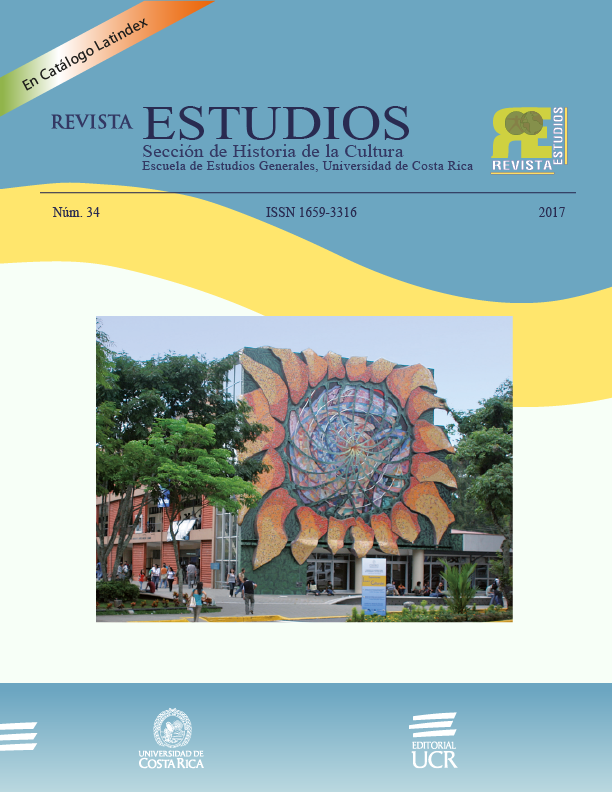Abstract
The goal of this study is simply to look into the life, the philosophy and the relevance of Martin Buber today. In each of these aspects the objective is to give the reader a clear and concise outline of the important characteristics of the themes in each of the forth mentioned areas. Buber lays a foundation to a dialogical philosophy within the context of his philosophical anthropology. Besides the monumental work, “I and Thou”, Buber has two other works that are of great importance in his development of a dialogical philosophy: “The Knowledge of Man”, and “Between Man and Man”, which will be used as a sort of introduction to the inquiry into Buber’s I and Thou.
References
Buber, M. (1958). I and Thou (R. G. Smith, Trans.). New York, NY: Charles Scribner’s Sons.
Buber, M. (1958). Ich und Du. Heidelberg, Deutschland: Verlag Lambert Schneider.
Buber, M. (1965). The knowledge of man: Elements of the interhuman and other selected essays (M. S. Friedman, & R. G. Smith, Trans.). New York, NY: Harper & Row Torchbooks.
Buber, M. (1970). I and Thou (W. Kaufmann, Trans.). New York, NY: Charles Scribners.
Buber, M. (2002). Between man and man (M. S. Friedman, Trans.) (2nd ed.). London, U.K.: Routledge Classics.

